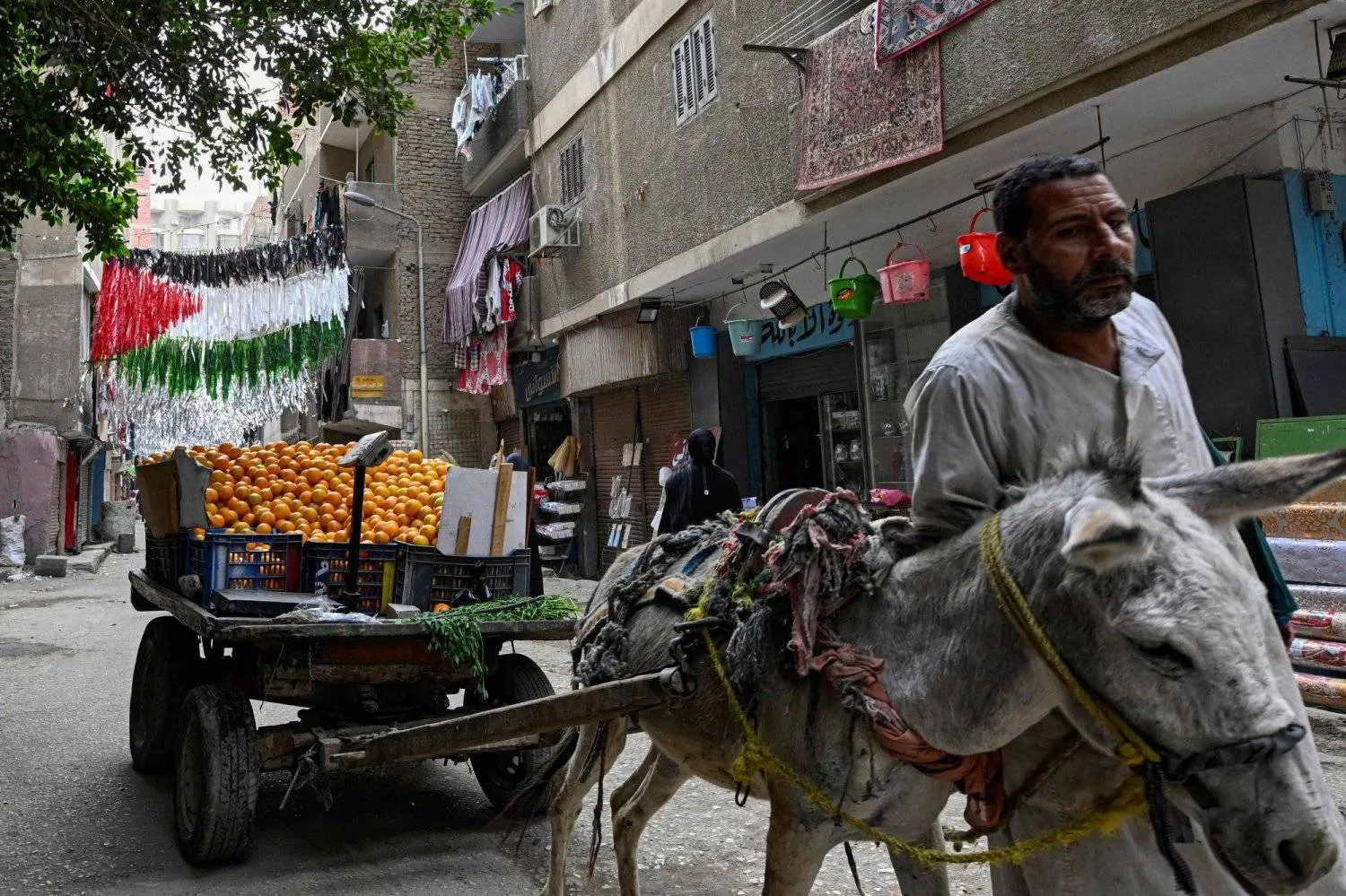Egypt’s budget initial surplus has jumped over 8.5 folds during the first nine months of the current fiscal year (FY) 2023/2024 to EGP 416 billion ($8.7 billion), compared to EGP 50 billion in the same period of FY2022/2023, Minister of Finance Mohamed Maait announced on Monday.
Maait said that general state expenditures increased to EGP 2.3 trillion, an annual growth rate of 50.8%, during the past nine months, resulting from the significant rise in interest rates and increased spending on support, social protection, and wages.
The total general state revenues during the past nine months have increased by 57.1 percent to over EGP 1.45 trillion, compared to the corresponding period in FY2022/2023, but only 38% if Ras El-Hekma proceeds are excluded, according to the finance minister.
The Ras El-Hekma deal, signed by Egypt with the UAE in February, brought EGP 179 billion to the state’s General Treasury, approximately 1.3% of Egypt’s GDP.
Egypt’s cabinet allocated on Monday two plots of land in Matrouh governorate to the Ministry of Civil Aviation for the establishment of Ras El-Hekma International Airport.
In other news, the latest data from Egypt’s Central Agency for Public Mobilization and Statistics showed a slight decrease in the annual inflation rate for city consumer prices, falling to 33.3% in March from 35.7% in February.
Monthly prices saw a small increase of 1% in March, compared to 11.4% in February. Analysts predict an average jump in yearly inflation to 36.3%, driven by currency devaluation and recent interest rate hikes.
Since March 6 Egypt’s Central Bank has allowed the Egyptian pound to weaken, reaching 50 pounds per dollar from a stable 30.85 pounds held for the past year.
The government raised fuel prices on March 22 as part of its commitment to the International Monetary Fund, aiming to align local prices with global levels.
Last year saw a significant inflation rise, reaching a historic high of 38% in September, mainly due to rapid money supply growth.









